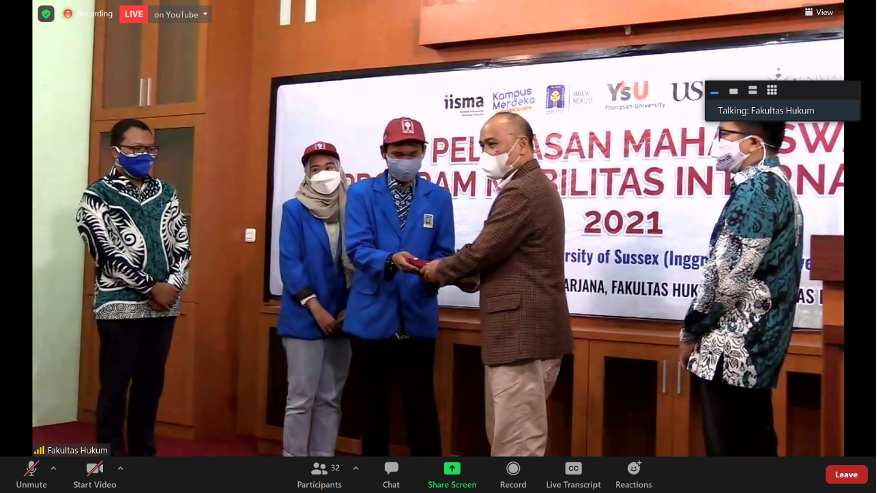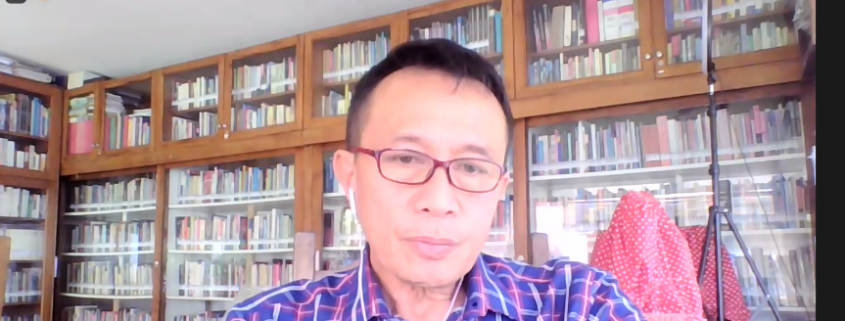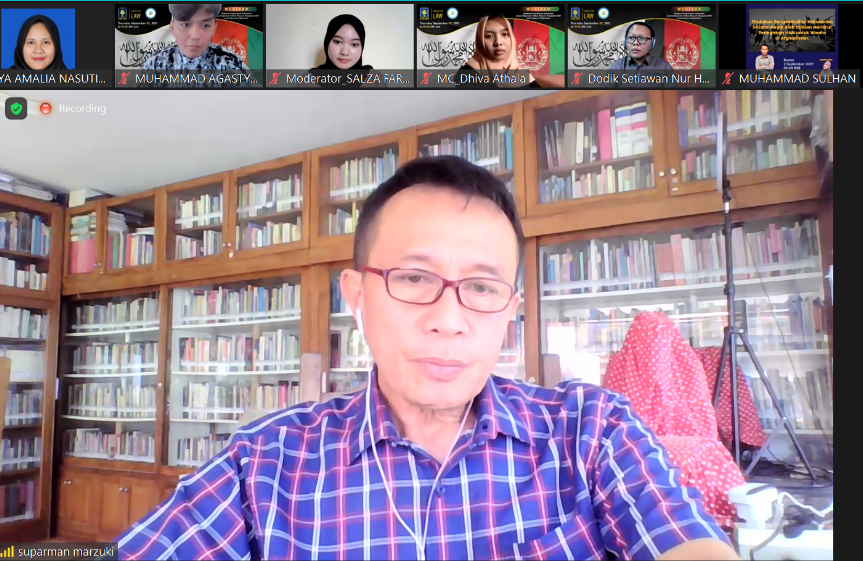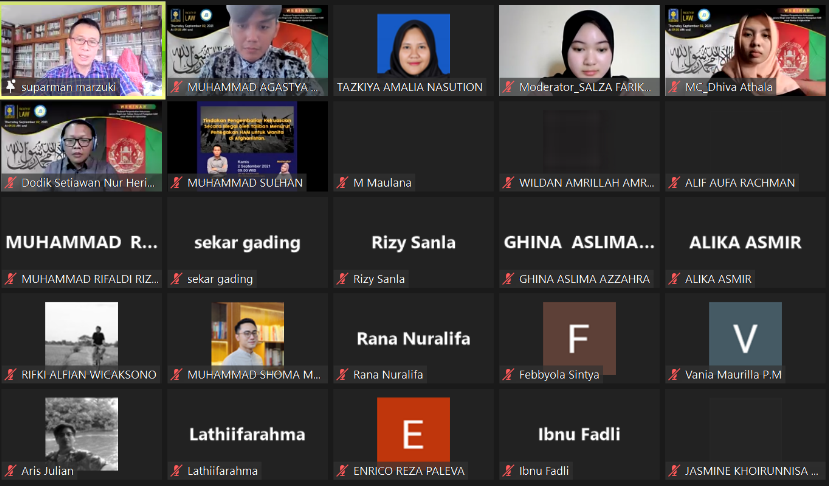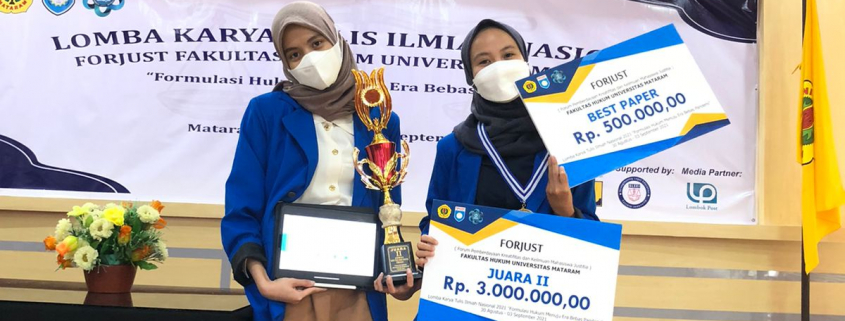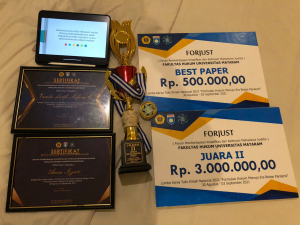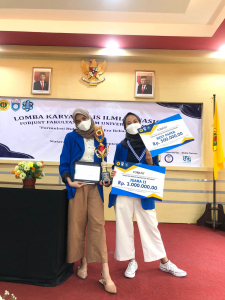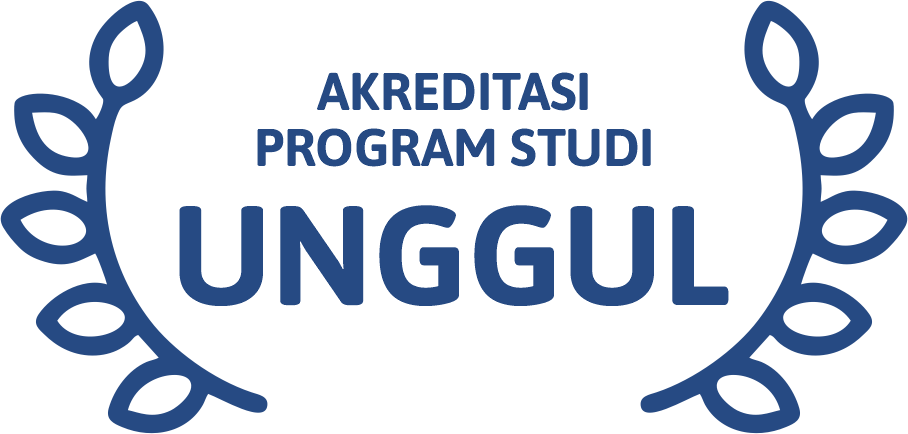Author: Dr. Siti Anisah, S.H., M.Hum.
Dosen Fakultas Hukum Universitas Islam Indonesia (FH UII), Departemen Hukum Perdata
Pemerintah dan Otoritas Jasa Keuangan(OJK) telah menerbitkan sejumlah peraturan untuk mengatasi persoalan dampak ekonomi akibat pandemic covid-19. Namun secara umum persoalan perekonomian masih belum dapat teratasi secara menyeluruh.
Masih terdapat debitur yang gagal bayar dan menjadikan para pihak (khususnya kreditur) lebih memilih melakukan penyelesaian hukum melalui Kepailitan dan PKPU. Hal ini tampak dari naiknya jumlah permohonan pernyataan pailit dan PKPU pada tahun 2020 yakni total 642 perkara jika dibandingkan tahun 2019 yakni 459 perkara. Pilihan kreditur ini antara lain didorong oleh keberadaan pranata hukum Kepailitan dan PKPU yang memberikan kemudahan bagi kreditur untuk menyelesaikan persoalan piutang mereka dengan waktu yang cepat dan syarat yang relatif mudah.
Celah Hukum UU Kepailitan dan PKPU
Perkembangan penerapan Undang-Undang No. 37 Tahun 2004 tentang Kepailitan dan PKPU (selanjutnya disebut UU Kepailitan dan PKPU) di Lembaga Jasa Keuangan (LJK) pada masa Pandemi Covid-19 ini telah menimbulkan tren jumlah perkara kepailitan dan PKPU yang cenderung meningkat signifikan. Data Sistem Informasi Penelusuran Perkara (SIPP) pada seluruh Pengadilan Niaga (Jakarta Pusat, Semarang, Surabaya, Makassar, dan Medan) menunjukkankenaikan jumlah perkara kepailitan dan PKPU.
Selain disebabkan oleh pandemi Covid-19 yang mempengaruhi kemampuan debitur untuk membayar utang, kenaikan perkara itu juga akibat ketidakpastian pengaturan mengenai kepailitan dan PKPU di LJK. Bentuk ketidakpastian itu berupa tumpang tindih antar peraturan yang satu dengan peraturan lainnya, dan terdapat aturan yang membuka peluang pailit lebih mudah. Celah hukum ini menjadikan pernyataan pailit dan PKPU selama pandemi covid-19 sebagai jalan pintas (short-cut) untuk menagih utang.
Secara khusus permasalahan hukum Kepailitan dan PKPU di LJK berkenaan dengan isu legal standing dari pemohon pernyataan pailit dan PKPU. Isu legal standing terjadi karena adanya perbedaan penafsiran mengenai pihak yang dapat mengajukan permohonan pernyataan paili dan PKPU untuk LJK. Satu sisi, ada pendapat yang berhak untuk mengajukan permohonan pernyataan pailit dan PKPU adalah OJK, sedangkan sisi lainnya pihakyang mengajukannya adalah kreditor.
Kewenangan OJK tersebut lahir tidak dari UU Kepailitan dan PKPU. Dalam UU Kepailitan dan PKPU kewenangan OJK itu melekat pada Bank Indonesia, Menteri Keuangan, dan BAPEPAM. Sejak 31 Desember 2012 melalui ketentuan peralihan UU No. 21 Tahun 2011 tentang OJK, pihak yang berhak mengajukan permohonan pernyataan pailit dan PKPU LJK beralih kepada OJK.
Praktiknya ini menyisakan ketidakpastian. Misalnya kewenangan pengaturan dan pengawasan perbankan masih ada di BI dan OJK. Selanjutnya untuk mengajukan permohonan pernyataan pailit dan PKPU LJK oleh kreditur terjadi karena pemberlakuan Undang-Undang Administrasi Pemerintahan yang menyatakan bahwa apabila masyarakat atau kreditur meminta persetujuan kepada OJK dan dalam waktu sepuluh hari tidak memberikan jawaban, maka OJK dianggap setuju untuk mengajukan permohonan pernyataan pailit dan PKPU LJK.
Optimalisasi LAPS-LJK untuk Penyelesaian Utang Piutang
Banyak perusahaan LJK yang terdampak pandemi covid-19 harus berjuang untuk dapat mempertahankan going concern perusahaan. Ini semakin berat bila memiliki utang atau kewajiban terhadap pihak lain. Pihak lain pun akan kesulitan bila ia tidak segera menerima pembayaran atas piutangnya. Bila mengandalkan bekerjanyan UU Kepailitan dan PKPU sebagai primum remedium, ini menjadi kontraproduktif. Mempertahankan going concern perusahaan LJK seharusnya masih menjadi prioritas. Mengingat halangan berprestasi yang dihadapi oleh debitur pada saat pandemi disebabkan oleh adanya kejadian di luar kemampuan debitur (change of circumstances) dan masih ada potensi kondisi perusahaan LJK dapat diperbaiki setelah pandemi covid-19 terlewati. Dengan demikian, seharusnya upaya hukum kepailitan ini hanya ditempuh sebagai upaya terakhir (ultimum remedium) terhadap debitur dalam hal ada ketidakmampuan untuk pemenuhan prestasi.
Pandemi covid-19 tidak kunjung berakhir, dan upaya penanggulangannya pun belum optimal, sementara itu dampak nyata terhadap kesulitan atau kemampuan membayar debitur sudah terjadi. Untuk itu upaya penyelesaian utang piutang seyogiyanya ditempuh melalui musyawarah mufakat, atau alternatif penyelesaian sengketa lainnya, sebagai media sharing the pain untuk memperoleh win-win solution.
Upaya preventif yang dapat dilakukan oleh Otoritas Jasa Keuangan untuk dapat ikut menjaga kelangsungan usaha di LJK dari ancaman permohonan pernyataan pailit adalah dengan cara memaksimalkan upaya penyelesaian sengketa dengan memaksimalkan peran dari Lembaga Alternatif Penyelesaian Sengketa (LAPS). OJK telah menerbitkan Peraturan OJK Nomor 1/2014 tentang Lembaga Alternatif Penyelesaian Sengketa di Sektor Jasa Keuangan (POJK LAPS).
Peraturan OJK tersebut disusul keluarnya Keputusan OJK Nomor Kep-01/D.07/2016 tanggal 21 Januari 2016 yang mengesahkan pembentukan 6 (enam) Lembaga APS yaitu:Lembaga Alternatif Penyelesaian Sengketa Perbankan Indonesia (LAPSPI); Badan Arbitrase Pasar Modal Indonesia (BAPMI); Badan Mediasi dan Arbitrase Asuransi Indonesia (BMAI); Badan Arbitrase dan Mediasi Perusahaan Penjaminan Indonesia (BAMPPI); Badan Mediasi Pembiayaan dan Pegadaian Indonesia (BMPPI); Badan Mediasi Dana Pensiun (BMDP).
Salah satu persyaratan sengketa yang dapat diselesaikan oleh LAPS adalah sengketa perdata yang timbul di antara para pihak sehubungan dengan kegiatan di sektor industri jasa keuangan. Dengan memaksimalkan peran LAPS untuk menyelesaikan sengketa keperdataan tentunya dapat mengurangi potensi adanya permohonan pernyataan pailit dan PKPU LJK.POJK LAPS mengamanatkan adanya suatu sistem penyelesaian sengketa (khususnya antara konsumen dengan LJK), yang terdiri dari penyelesaian sengketa secara internal di LJK, penyelesaian melalui lembaga peradilan umum (pengadilan), serta melalui LAPS dengan suatu prosedur tertentu.
Prosedur penyelesaian sengketa melalui LAPS LJK melalui 2 (dua) tahapan yaitu penyelesaian pengaduan yang dilakukan oleh LJK (internal dispute resolution) dan penyelesaian sengketa melalui lembaga peradilan atau lembaga di luar peradilan (external dispute resolution). Pasal 2 POJK LAPS menentukan bahwa pada dasarnya penyelesaian pengaduan wajib diselesaikan dahulu oleh LJK melalui unit pengaduan konsumen di tiap-tiap LJK.
Penyelesaian di luar pengadilan dapat dilaksanakan apabila tidak tercapai kesepakatan penyelesaian pengaduan melalui LAPS. Apabila para pihak memilih penyelesaian pengaduan sengketa dilaksanakan di luar pengadilan, maka penyelesaian pengaduan sengketa akan diselesaikan melalui LAPS yang dimuat dalam daftar LAPS yang ditetapkan OJK.
Efektifitas berlakukan LAPS-LJK akan terjadi bila OJK melakukan beberapa hal, yaitu: pertama, OJK perlu mengoptimalkan peran dan fungsinya dalam pengawasan LJK agar praktik-praktik penyalahgunaan LJK dapat dicegah dari awal. Kedua, OJK perlu segera bekerjasama dengan Mahkamah Agung untuk melakukan tindakan proaktif antara lain sosialisasi dan edukasi mengenai pranata hukum kepailitan dan PKPU LJK kepada para penegak hukum dan pihak-pihak lain yang berkepentingan atas LJK secara berkelanjutan.
This article have been published in REPUBLIKA, 04 June 2021.


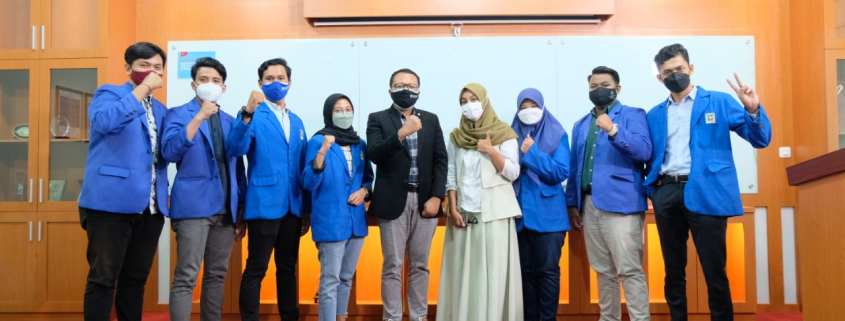
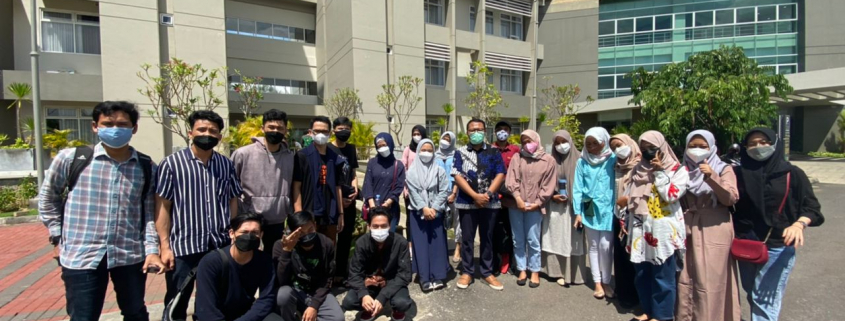
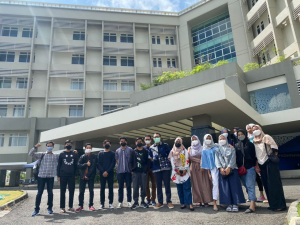
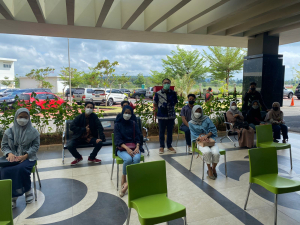




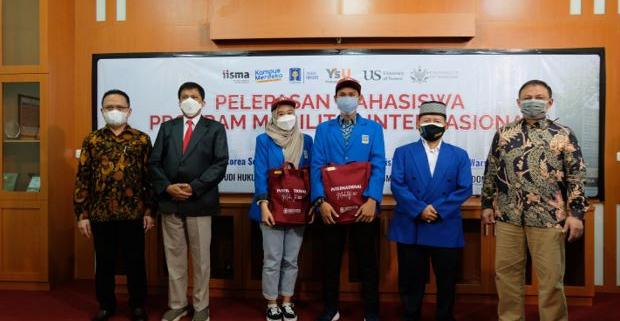
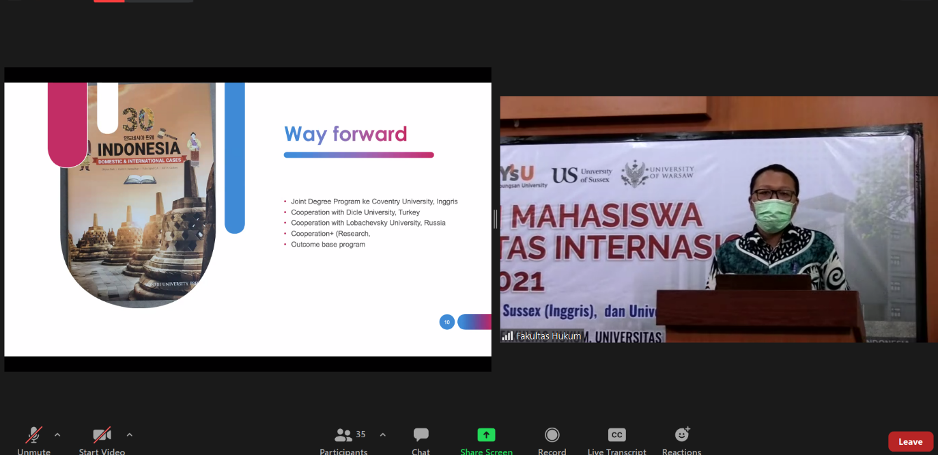 Then the delegation representatives delivered a farewell welcome represented by Aryana Sekar Widyaningsih. As for some of the names of delegates in the International Mobility Program 2021, which is divided into 3 (three) destinations; 1) Akhiruddin Syahputra Lubis, Aryana Sekar Widyaningsih, and Egita Fira Widya who will carry out credit transfer programs at Youngsan University South Korea; 2) Annisa Aulya Putri who will carry out the IISMA Program at the University of Sussex, UK; 3) Mohammad Fadel Roihan Baabud who will carry out the IISMA Program at the University of Warsaw, Poland. The release of the delegates was carried out by the Dean of the Faculty of Law, Dr. Abdul Jamil, S.H., M.H. said that in addition to parents, the delegates are very proud for us and the Faculty of Law UII.
Then the delegation representatives delivered a farewell welcome represented by Aryana Sekar Widyaningsih. As for some of the names of delegates in the International Mobility Program 2021, which is divided into 3 (three) destinations; 1) Akhiruddin Syahputra Lubis, Aryana Sekar Widyaningsih, and Egita Fira Widya who will carry out credit transfer programs at Youngsan University South Korea; 2) Annisa Aulya Putri who will carry out the IISMA Program at the University of Sussex, UK; 3) Mohammad Fadel Roihan Baabud who will carry out the IISMA Program at the University of Warsaw, Poland. The release of the delegates was carried out by the Dean of the Faculty of Law, Dr. Abdul Jamil, S.H., M.H. said that in addition to parents, the delegates are very proud for us and the Faculty of Law UII.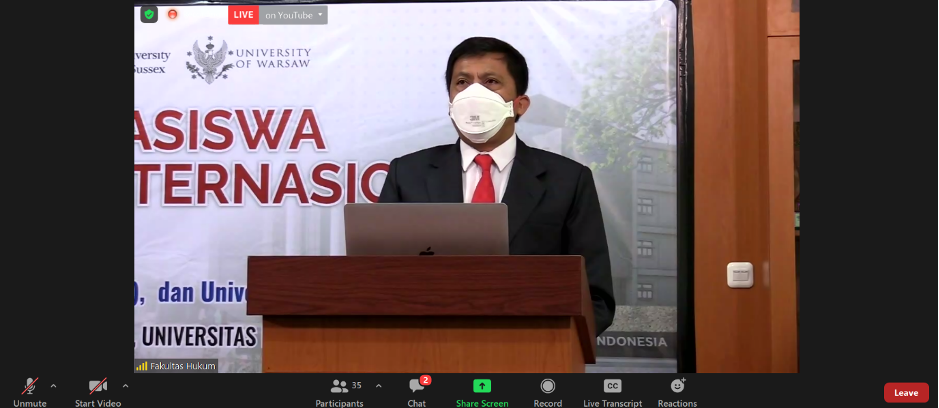 After the welcome by the Dean of the Faculty of Law UII, continued the delivery of the education kit of the Dean of the Faculty of Law and accompanied by the Deputy Dean of Resources and Secretary of the Department of The Faculty of Law, Universitas Islam Indonesia, as well as a healthy kit submitted by the Head of the Undergraduate Program’s Legal Studies Program which will be accompanied by each Secretary of the Study Program and received by 2 (two) student representatives. The 2021 International Mobility Program Student Release Event was finally concluded with a prayer that was prayed together and led by the Secretary of the Department of the Faculty of Law of the Islamic University of Indonesia, Bagya Agung Prabowo, S.H., M.Hum., Ph.D.
After the welcome by the Dean of the Faculty of Law UII, continued the delivery of the education kit of the Dean of the Faculty of Law and accompanied by the Deputy Dean of Resources and Secretary of the Department of The Faculty of Law, Universitas Islam Indonesia, as well as a healthy kit submitted by the Head of the Undergraduate Program’s Legal Studies Program which will be accompanied by each Secretary of the Study Program and received by 2 (two) student representatives. The 2021 International Mobility Program Student Release Event was finally concluded with a prayer that was prayed together and led by the Secretary of the Department of the Faculty of Law of the Islamic University of Indonesia, Bagya Agung Prabowo, S.H., M.Hum., Ph.D.